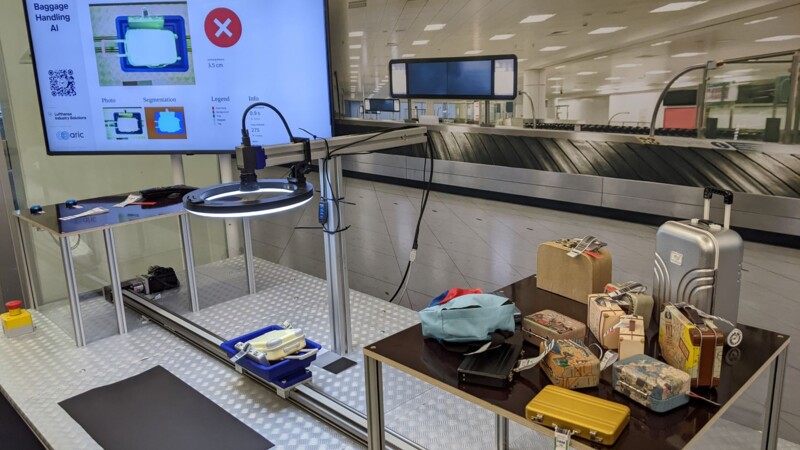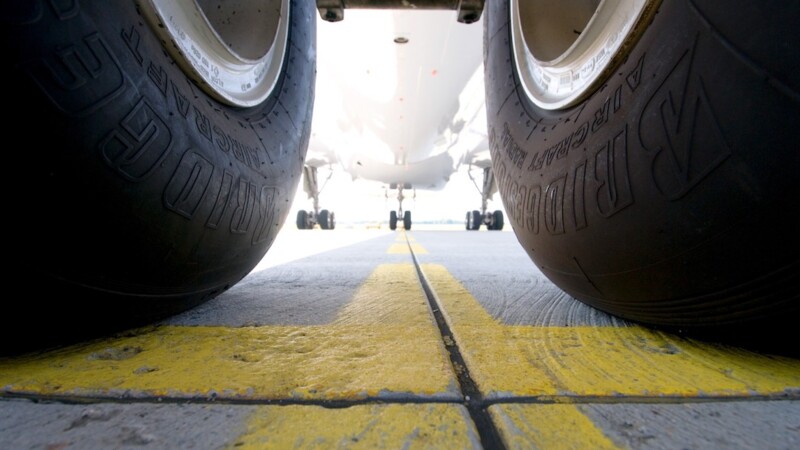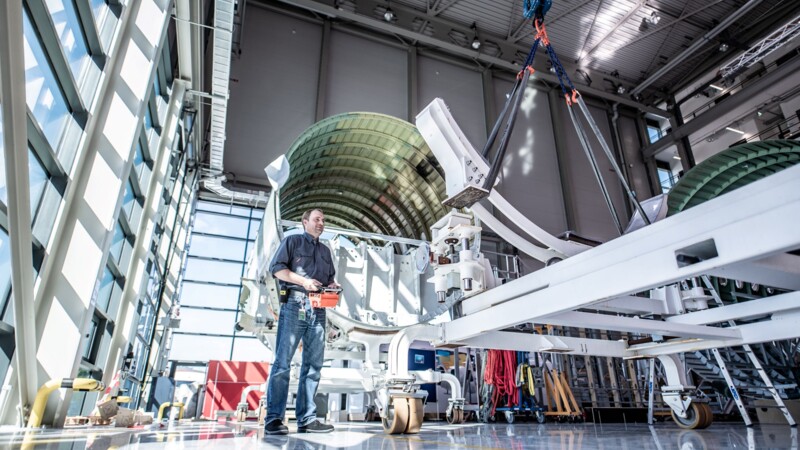The "Faircraft" design study examines how aircraft cabin interiors can be made more sustainable. Recyclable lightweight materials are used to cut fuel consumption and slash emissions. New space concepts focus on increasing comfort.
The City of Hamburg is making EUR 4 million in funds available to make aviation climate-neutral by 2050 and to secure its long-term prospects for the region. The funds will be issued by Hamburg Investment and Development Bank (IFB) from the Green Aviation Technologies (GATE) schemes.
1. Faircraft – sustainable aircraft cabins
2. Hydroleak to stem leaks
Hydrogen is touted as the fuel of the future. Yet, it remains a volatile and explosive fuel. Thus, appropriate safety measures are needed. Now, the Hydroleak project is researching the detection of leaks in tanks. Artificial intelligence and digital twins are being used and harnessed in a portable detection device.
3. Cateco – noise cancelling in cabins
Hydrogen propulsion systems have an unpleasant, noisy side effect as they are driven by propellers unlike conventional systems. Solutions are being developed as part of the Cateco project and using Active Noise Cancelling technology to eliminate additional noise through artificially generated sound waves. Hopes are now high that the technology can best used throughout the cabin.
4. MIWA - comparing configurations
A hydrogen-powered commercial aircraft is an extremely complex system. The MIWA project uses digital system models to examine and compare different configurations. Different hydrogen tank systems can be analysed and evaluated with the help of 3D simulations.
5. H2-Finity - scalable fuel cell propulsion
The H2-Finity project focuses on scaling hybrid-electric propulsion systems to the size of the flying object. A propulsion system will be developed and tested initially for larger drones initially and later for small aircraft in the 120kg class. The scalability should minimise the certification costs for larger engines.
6. CCH2 – test scenarios for hydrogen technologies
Gaseous hydrogen is highly volatile as it can penetrate materials that water or paraffin cannot. Thus, new materials and processes must be tested to make hydrogen usable as an aviation fuel. The CCH2 project aims to identify appropriate test scenarios and environments to test the materials adequately.
nj/pb
Sources and further information
More
Similar articles

Smoother airport operations thanks to artificial intelligence

"GATE" scheme to boost investments in environment-friendly flying

Aviation sector gearing up to fly with hydrogen
